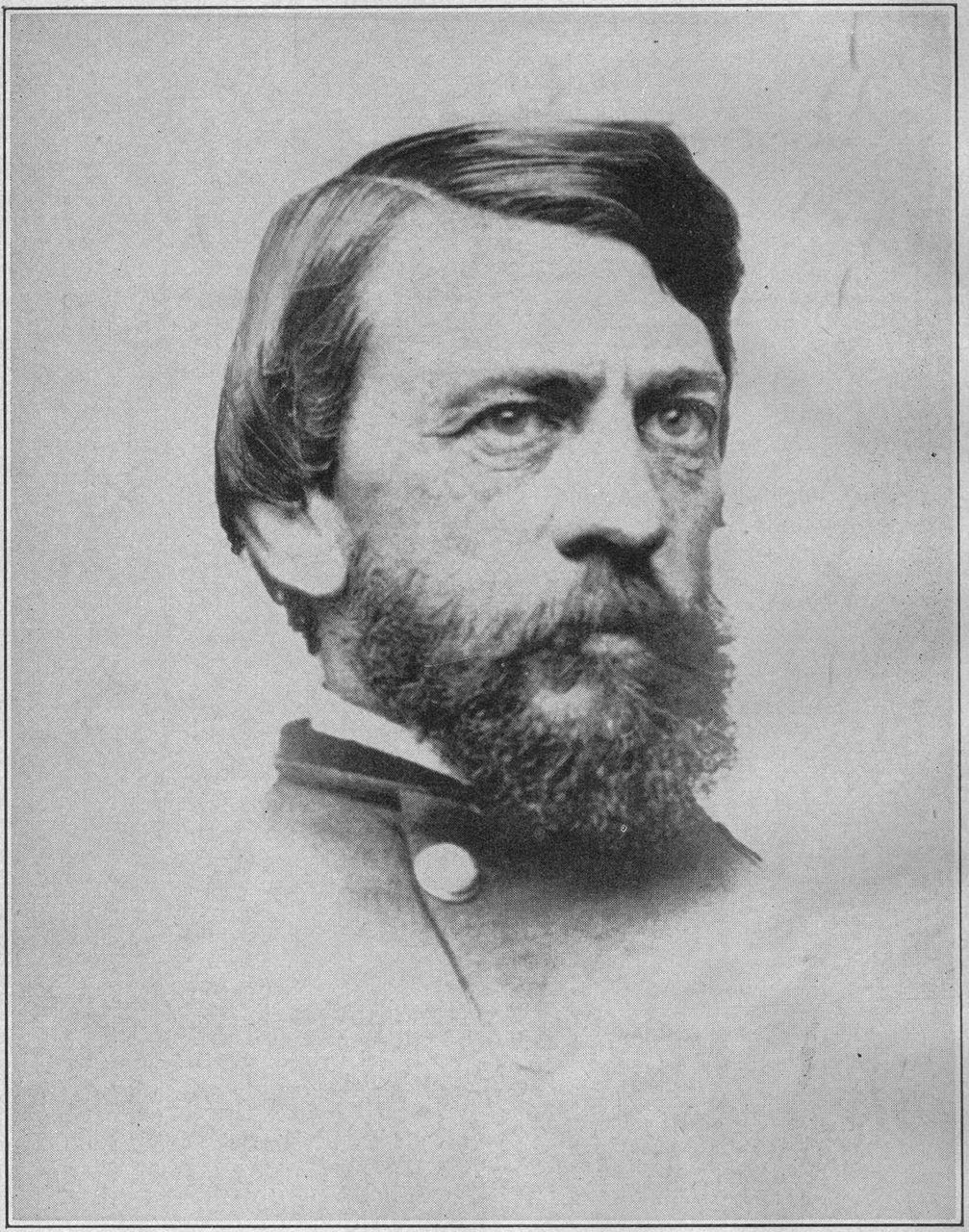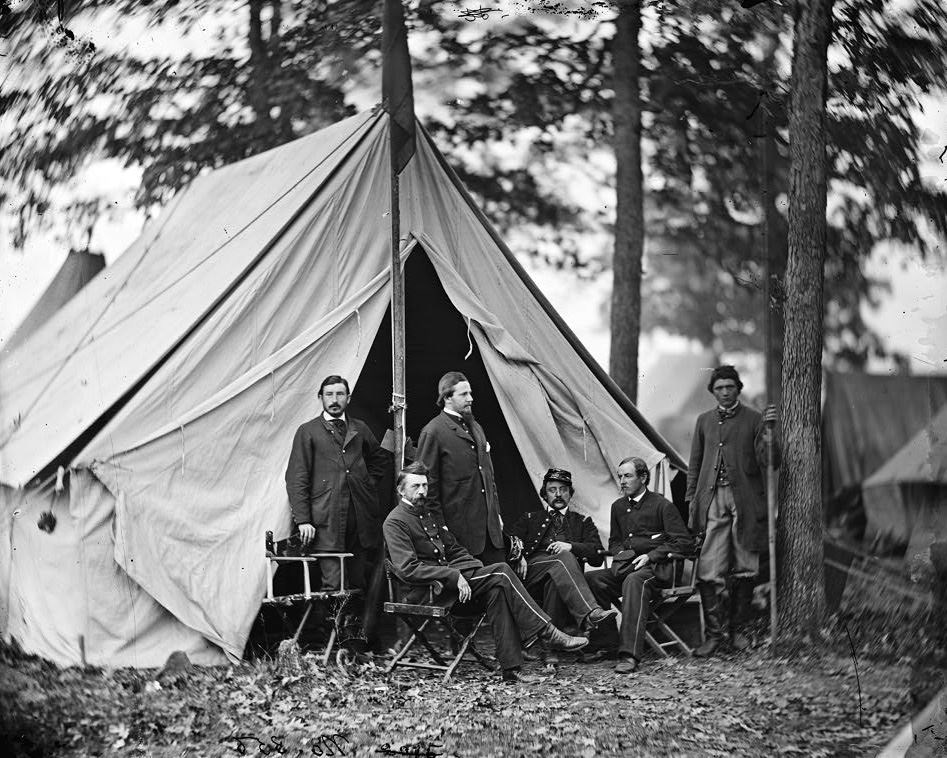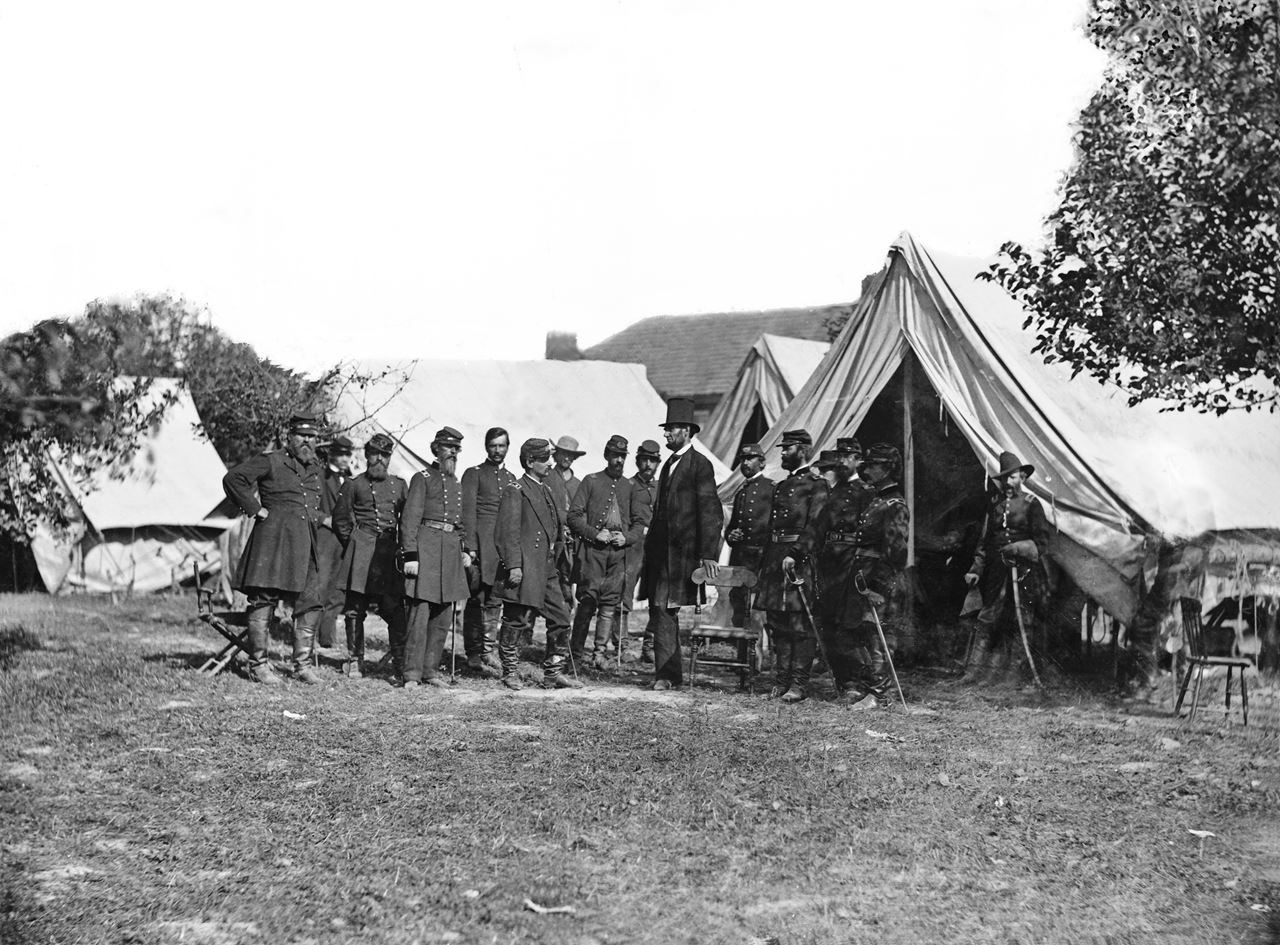A Hero of the Battlefield
“In the moment of watching, immersed, we think about what we would do, if that happened to us, and that's enough” (Doll). When the typical human thinks about the word “superhero”, a single strong, courageous, ideally perfect person probably comes to mind. We seem them everywhere; in movies, television shows, and books we read, carrying impractical abilities such as flying or super strength. Although they are extremely unrealistic, they carry the exemplary characteristics of what a “flawless” person should be. We overall want to be them, to look like them, or even have a sliver of as much importance as them. But, others may have a different perception of what a superhero may look like. Although we may in the long run compare heroes to Superman or Wonder Woman, they may just be the local mailman or the bus driver that takes children to school every morning. While they still can’t dramatically save the pretty girl from the evil villains, they can still make a big impact when it comes to someone’s day. It doesn't take a suit of armor to become any sort of special hero, as long as they have the responsibility and innovativeness that goes a long way.
 Jonathan Lettermanhttps://commons.wikimedia.org/wiki/File:Letterman.jpg Although at the time he might not had been as popular as Thomas Jefferson or Francis Scott Key, Dr. Jonathan Letterman definitely served his time in order to take upon the title of a hero. Jonathan Letterman, born December 11, 1824, was a well-known war surgeon who changed the ways of Emergency Medicine forever. He received his education at Jefferson Medical College in 1849 and immediately started working for the Army Medical Department that same year. Letterman was nicknamed “the Father of Modern Battlefield Medicine” because of his innovative ways in order to improve and save more lives on the battlefield. He advanced the ways of on-field ambulances at the time to quickly move soldiers from the fields to the hospitals. He also was a surgeon and helped war doctors build makeshift hospitals for wounded patients. In 1861, Letterman was assigned to the Army of the Potomac and was eventually named medical director of the entire army in June 1862, with the rank of major. His main responsibility was delivering proper medical supplies to many different cities, as well as caring for the troops himself. During the time of him leading the Potomac, he proved himself heroic when it came to caring for his men, wounded or not. Jonathan Letterman is not only a hero in the hospital, but is also a responsible director who innovatively put his soldiers before himself in hopes for them to receive the best medical supplies.
Jonathan Lettermanhttps://commons.wikimedia.org/wiki/File:Letterman.jpg Although at the time he might not had been as popular as Thomas Jefferson or Francis Scott Key, Dr. Jonathan Letterman definitely served his time in order to take upon the title of a hero. Jonathan Letterman, born December 11, 1824, was a well-known war surgeon who changed the ways of Emergency Medicine forever. He received his education at Jefferson Medical College in 1849 and immediately started working for the Army Medical Department that same year. Letterman was nicknamed “the Father of Modern Battlefield Medicine” because of his innovative ways in order to improve and save more lives on the battlefield. He advanced the ways of on-field ambulances at the time to quickly move soldiers from the fields to the hospitals. He also was a surgeon and helped war doctors build makeshift hospitals for wounded patients. In 1861, Letterman was assigned to the Army of the Potomac and was eventually named medical director of the entire army in June 1862, with the rank of major. His main responsibility was delivering proper medical supplies to many different cities, as well as caring for the troops himself. During the time of him leading the Potomac, he proved himself heroic when it came to caring for his men, wounded or not. Jonathan Letterman is not only a hero in the hospital, but is also a responsible director who innovatively put his soldiers before himself in hopes for them to receive the best medical supplies.
During the time of the Civil War, Letterman was extremely responsible when it came to caring for his patients, and was efficient in getting them supplies in order to be released from their hospital beds faster. He developed what his comrades called an “evacuation” system, which made it easier for wounded soldiers to be removed from the battlefield:
“Letterman developed an evacuation system that consisted of three stations: 1) A Field Dressing Station - located on or next to the battlefield where medical personnel would apply the initial dressings and tourniquets to wounds. 2) A Field Hospital – located close to the battlefield, usually in homes or barns, where emergency surgery could be performed and additional treatment given. 3) A Large Hospital – Located away from the battlefield and providing facilities for the long term treatment of patients. In addition to these improvements, Letterman arranged for an efficient distribution system for medical supplies” (American Battlefield Trust p.5).
 Letterman and his Staffhttps://commons.wikimedia.org/wiki/File:Letterman%2Bstaff.jpg The quote explains that prior to his innovations, wounded men were often left by themselves, likely suffering for days or even dying from exposure of the weather conditions at the time. Due to his advanced planning and leadership skills, Letterman was able to pull off a very comprehensive and detailed medical plan, even with battles proceeding consistently. The fact that he was able to put his people first in this type of crisis is an incredible trait to possess. Letterman also demonstrated his responsibility when after a battle had taken place, with how he kept track of the soldiers within the hospitals: “Within twenty-four hours of the battle, all Federal wounded had been secured in hospitals, and within forty-eight hours the abandoned Confederate wounded were also secured. This contrasted starkly to the aftermath of previous battles, like First Bull Run, where wounded had languished on the field for over a week, often dying from exposure” (Indybay). Letterman was seen as very responsible, due to the fact that he created such efficient hospitals that no Federal soldier was left to die on the battleground. It was especially more productive compared to the battle of First Bull Run, where medical supplies and medic urgency was so scarce that soldiers died from exposure more than anything else. Overall, this quote shows that Letterman took the time, compared to other past Medical Directors, in order to make sure all men were cared for during the battle, giving him credibility toward being a hero. He took great use of his position of Medical Director, which gave him extensive opportunities on the battlefield, and he did not take them for granted, putting all of his efforts into making sure his soldiers were safe and secure after a battle.
Letterman and his Staffhttps://commons.wikimedia.org/wiki/File:Letterman%2Bstaff.jpg The quote explains that prior to his innovations, wounded men were often left by themselves, likely suffering for days or even dying from exposure of the weather conditions at the time. Due to his advanced planning and leadership skills, Letterman was able to pull off a very comprehensive and detailed medical plan, even with battles proceeding consistently. The fact that he was able to put his people first in this type of crisis is an incredible trait to possess. Letterman also demonstrated his responsibility when after a battle had taken place, with how he kept track of the soldiers within the hospitals: “Within twenty-four hours of the battle, all Federal wounded had been secured in hospitals, and within forty-eight hours the abandoned Confederate wounded were also secured. This contrasted starkly to the aftermath of previous battles, like First Bull Run, where wounded had languished on the field for over a week, often dying from exposure” (Indybay). Letterman was seen as very responsible, due to the fact that he created such efficient hospitals that no Federal soldier was left to die on the battleground. It was especially more productive compared to the battle of First Bull Run, where medical supplies and medic urgency was so scarce that soldiers died from exposure more than anything else. Overall, this quote shows that Letterman took the time, compared to other past Medical Directors, in order to make sure all men were cared for during the battle, giving him credibility toward being a hero. He took great use of his position of Medical Director, which gave him extensive opportunities on the battlefield, and he did not take them for granted, putting all of his efforts into making sure his soldiers were safe and secure after a battle.
 Lincoln visits during Antietamhttps://commons.wikimedia.org/wiki/File:Lincoln_and_generals_at_Antietam.jpg Furthermore, due to the condition of the medical centers beforehand, as well as the current constraints of the medical procedures, Letterman was extremely innovative toward running a well ordered medical program for the greater good of his soldiers. Within on of his main battles, the Battle of Antietam, Confederate troops stormed his base and took most of him and his soldier’s supplies: “The Confederate troops had been in this city but the day before our arrival. Almost all the medical supplies had been destroyed or had been taken by them. Just previous to our arrival in Frederick, 200 ambulances were received from Washington, which I distributed to the corps as rapidly as the movements of the troops would permit” (Goellnitz).The quote explains that Letterman was easily able to overlook the fact that Confederate troops had ravaged the Potomac’s supplies, and focus on obtaining new supplies as quickly as possible. His ability to establish a plan of action as well as carry that plan out during a time of crisis composes him as an extremely contemporary leader of the battlefield. Likewise, Letterman also demonstrated his innovativeness when his troops began to recycle and keep track of the usage of medical persona and supplies:
Lincoln visits during Antietamhttps://commons.wikimedia.org/wiki/File:Lincoln_and_generals_at_Antietam.jpg Furthermore, due to the condition of the medical centers beforehand, as well as the current constraints of the medical procedures, Letterman was extremely innovative toward running a well ordered medical program for the greater good of his soldiers. Within on of his main battles, the Battle of Antietam, Confederate troops stormed his base and took most of him and his soldier’s supplies: “The Confederate troops had been in this city but the day before our arrival. Almost all the medical supplies had been destroyed or had been taken by them. Just previous to our arrival in Frederick, 200 ambulances were received from Washington, which I distributed to the corps as rapidly as the movements of the troops would permit” (Goellnitz).The quote explains that Letterman was easily able to overlook the fact that Confederate troops had ravaged the Potomac’s supplies, and focus on obtaining new supplies as quickly as possible. His ability to establish a plan of action as well as carry that plan out during a time of crisis composes him as an extremely contemporary leader of the battlefield. Likewise, Letterman also demonstrated his innovativeness when his troops began to recycle and keep track of the usage of medical persona and supplies:
“His orders called for the establishment of division hospitals at the outset of each engagement. All hospitals would have one surgeon in charge, an assistant surgeon to provide supplies, and another to keep records… Letterman also addressed the problem of supple by separating medical supplies from the regular army quartermaster and reduced waste by changing the distribution of medical supplies at the regimental level” (Indybay).
Rather than letting his makeshift hospitals run themselves, Letterman kept strict records of how many supplies were being used, as well as who was using it and when more would be needed. He used his high position to inventively keep track of what was enduring within his hospitals, and furthermore addressed himself as an extremely authentic medical director. The quotes overall prove Letterman to be innovative by reason of being inclined to announce what was wrong within his camp, and changing what would need to be fixed in order to create a better environment for him and the soldiers
Jonathan Letterman, either a surgeon within the hospital or a director on the battlefield, has proven himself heroic due to his responsibility and innovativeness when it came to tending for his soldiers. His eagerness to command his troops and steer toward the direction of victory easily concludes that he was committed regarding his position of Medical Director. And, more often than not, when a battle took place, all wounded soldiers were housed in a record amount of time, compared to the system before Letterman, when men were practically left to rot in the sun. He also knew what and when his soldiers needed reinforcements, quickly ordering medical supplies and other necessities when it was needed. His makeshift hospitals, quick cleanup of wounded men after battles, and mainly re-developing the army’s medical situation, all play a huge role in his troops doing significantly well in the war, and even overall winning it as well. Letterman is an overall inspiration due to his courage, confidence, and persistence when it came to directing orders on the battlefield. He was always prepared when difficult situations came underway, and always did whatever it took in order to get his men primary medical supplies. And for that, he easily inspires me on a day to day basis. I have recently started a new sport, rugby, in which I take great pride in and appreciate incredibly. However, it has taken me a few months to get accustomed to the sport, to share as much aggressiveness as my teammates. When the team we are playing has a high reputation, or I know it won’t be so easy to tackle whoever is coming at me, I think of Letterman, and how he persisted through the harshest times, because he knew what he was doing was right. Even though he didn’t resemble a superhero you would see in the movies, or use laser eyes against the Confederates, he still should be acknowledged as a hero in society today. The fact that Letterman never gave up, and kept a well-organized medical center running whilst the bloody battles of the Civil War, easily makes him a recognizable, inspirational hero.
Page created on 5/20/2019 1:06:28 AM
Last edited 5/22/2019 5:00:28 PM
Works Cited:
“Dr. Jonathan Letterman: Father of Modern Emergency Medicine.” Indybay, www.indybay.org/newsitems/2016/06/07/18787298.php.
“Jonathan Letterman.” American Battlefield Trust, 30 Mar. 2018, www.battlefields.org/learn/biographies/jonathan-letterman.
“Letterman’s Report Detailing the Medical Department of the Army of the Potomac.” EHISTORY, ehistory.osu.edu/exhibitins/cwsurgeon/cwsurgeonantietam.
